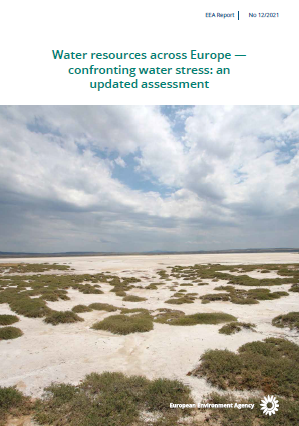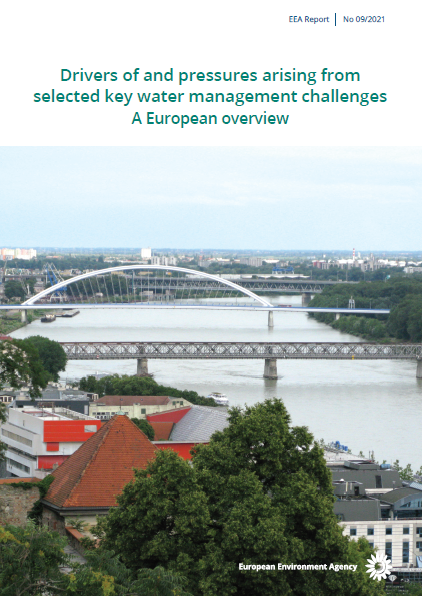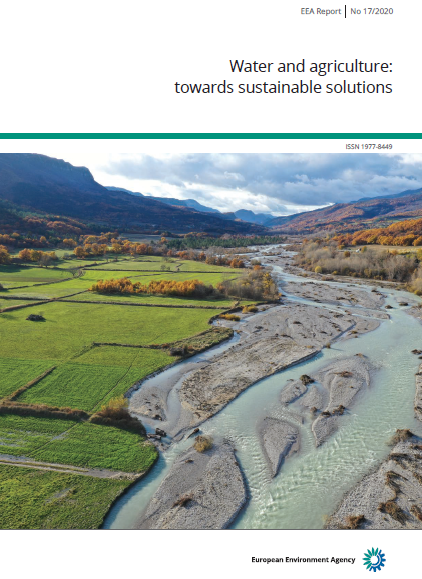Water Resources Across Europe
Confronting water stress: an updated assessment
- Publication
- Citation
European Environment Agency (ed.) 2021: Water resources across Europe – Confronting water stress: an updated assessment. EEA Report No 12/2021. Luxembourg: Publications Office of the European Union
According to a recent EEA report co-authored by Ecologic Institute, water stress has become a serious problem across Europe and climate change is likely to raise the challenge. The report "Water resources across Europe – confronting water stress: an updated assessment" calls for a shift from crisis management to risk management to prevent irreversible negative consequences for nature and society.
The report emphasizes the need for greater water use efficiency and improved ecosystem resilience, as water resources become insufficient to meet the joint demand of humans and nature. This condition is known as water stress, and it affects about one-third of all Europeans and one-fifth of the European territory on an average year.
Climate change is expected to exacerbate water stress
Climate change is likely to accelerate the problem as droughts and water scarcity events increase in frequency, intensity and duration. Especially in southern and southwestern Europe, existing imbalances between water demand and supply are expected to expand. During summer, while agriculture, public water supply and tourism reach their yearly peak in demand, reductions in river discharge of up to 40% are foreseeable in these regions.
Solutions will have to be diverse yet integrated
The report explores water stress in different sectoral contexts, including food systems, urbanization, energy production, mining and industry. It presents known challenges regarding water efficiency, water pollution, seasonal variability of water availability, and over extraction, and lays out diverse potential solutions ranging from research and innovation, nature-based solutions, cooperation in international river basins, and water reuse. Given that drivers and impacts of water stress operate at different scales, systemic thinking informed by improved data and information flows will be necessary to design effective responses.
Policies are in place but their implementation need improvement
While the policy framework currently in place at European level is considered fit to address these issues, institutional capacities are largely inadequate. Better coordination between sectoral and environmental policies is needed to meet the complex interdependencies of their matter. While recent policy trends do incorporate more systemic and integrated approaches, they should be underpinned by more ambitious cross-sectoral action to become fully effective.







